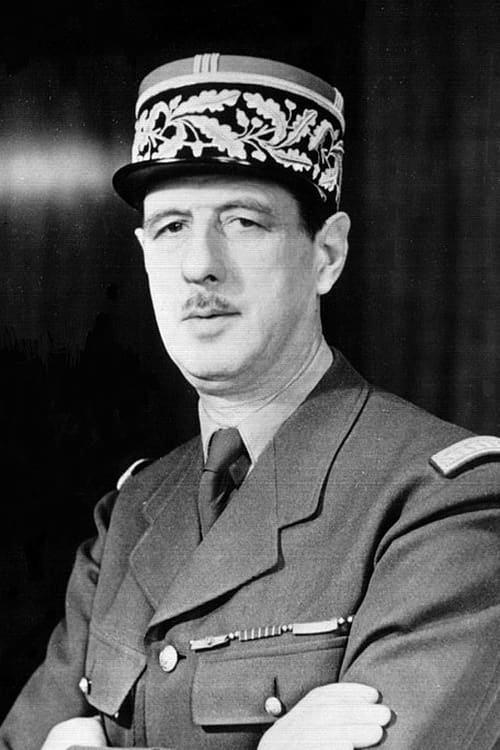Charles de Gaulle
출생 : 1890-11-22, Lille, France
사망 : 1970-11-09
약력
Charles André Joseph Marie de Gaulle (22 November 1890 – 9 November 1970) was a French army officer and statesman who led Free France against Nazi Germany in World War II and chaired the Provisional Government of the French Republic from 1944 to 1946 in order to restore democracy in France. In 1958, he came out of retirement when appointed President of the Council of Ministers (Prime Minister) by President René Coty. He rewrote the Constitution of France and founded the Fifth Republic after approval by referendum. He was elected President of France later that year, a position to which he was reelected in 1965 and held until his resignation in 1969.
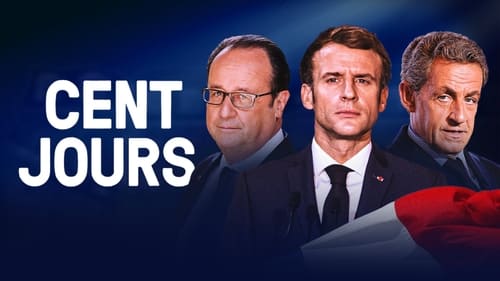
Self
From the first minutes after his inauguration, the newly elected president wants to translate his promises and his campaign project into action. "Change is now", "Change life", "Together everything becomes possible": all campaign slogans promising a break with the past, a change. The first few months were decisive: it was a matter of making a mark, asserting one's style, imposing one's authority and taking the first measures, those that would make a mark on public opinion and set the first lines of the political narrative in history. From 1959 to 2017, the eight successive presidents have acted without delay. Thanks to the many witnesses and actors of these first hundred days, the film retraces the stakes and decisive moments that marked the beginning of each mandate.
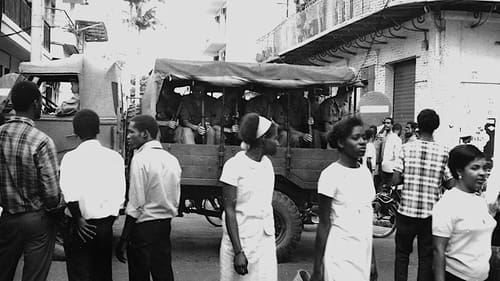
Self (archive footage)

Self - Politician (archive footage)
The amazing story of electronic music: its epic journey from its origins in Europe, at the hands of the great artists of the post-war classical avant-garde, to the great post-industrial cities of the USA, where this genre of genres took over music stores, shady clubs and, eventually, the big stages.
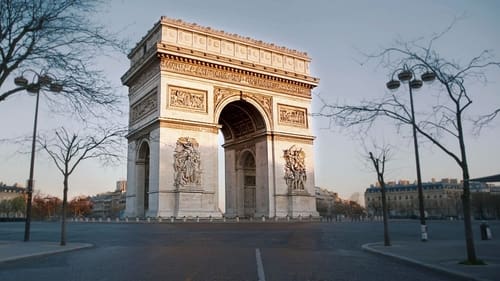
Self (archive footage)
The pride of Napoleon's victories, the Arc de Triomphe, whose first stone was laid in 1806 at the top of the Champs-Élysées, is, along with the Eiffel Tower, one of the most visited monuments in the French capital. Wanted by an emperor, inaugurated under the reign of a king (Louis-Philippe) and sanctuarized by the Republic, this patriotic temple polarizes the passions of a whole nation. A historical portrait before "packaging", which teems with anecdotes and unsuspected details.
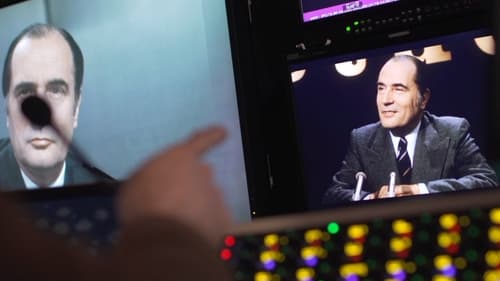
Self (archive footage)
May 10th, 1981. François Mitterrand is elected President of the Republic. The “soviet tanks” supposedly coming upon the Champs-Élysées dressed in red, feared by some, did not march. Serge Moati takes a personal look at this episode, focusing on the relationship the president had with television, that he witnessed and played a role in.

Self (archive footage)

Self (archive footage)
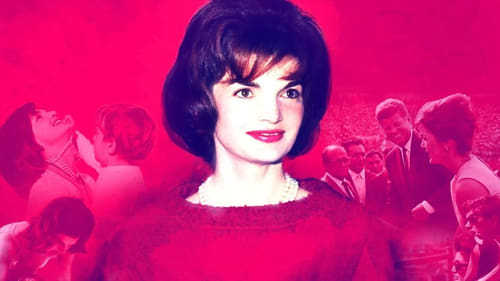
Self (archive footage)
Jackie Kennedy Onassis was the most famous woman in the world, impossibly glamourous and universally admired. She was also complex, layered, and extremely guarded, making her endlessly fascinating and enigmatic. This incredibly compelling film provides a definitive exploration of her life, from iconic first lady to widow, unofficial royalty and fashion icon.

Self (archive footage)
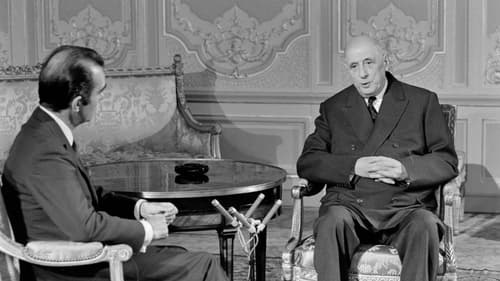
Self (archive footage)

Self (archive footage)
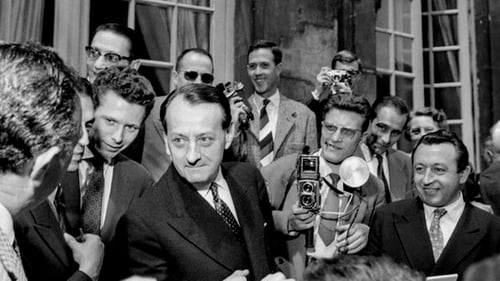
Self - Politician (archive footage)
Writer, journalist, explorer, filmmaker, communist militant, freedom fighter. Truths and lies. A plot twist. Politician. General De Gaulle's shadow. Overwhelmed by the weight of power. The numerous exploits of André Malraux (1901-1976).
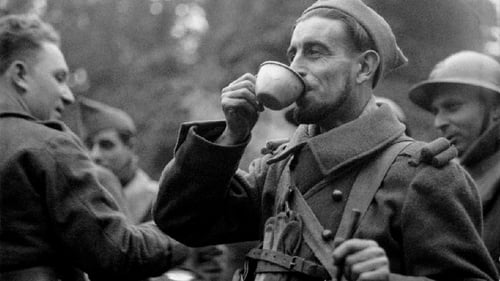
Self - Army Colonel (archive footage)
September 3rd, 1939. Britain and France declare war on Nazi Germany, only two days after the Wehrmacht invades Poland. This day, the sad date when the fate of the world changed forever, the Phoney War began: eight months of uncertainty, preparations, evacuations and skirmishes.

Self (archive footage)
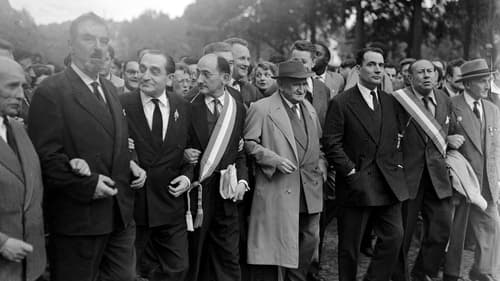
Self (archive footage)
On October 4, 2018, France celebrated the 60th anniversary of the Fifth Republic. It is a republic born in the throes of the Algerian War and one which—from the day it was founded by General de Gaulle until the presidency of a very Jupiterian Emmanuel Macron—has been assailed as a “Republican monarchy” by partisans of a more assertive parliamentarian state. By revisiting the struggle of those who dared oppose the new regime — only to suffer a crushing defeat on September 28, 1958, when they were barely able to garner 20% of the vote against the constitutional text — this film shines a powerful new light on the origins of the Fifth Republic and its consequences for the next 60 years. It is a constitutional debate that planted the seeds for a complete upheaval of the French political landscape, on the left in particular, and set the country in motion toward what would be called the Union of the Left.

Self (voice) (archive footage)
1960년대, 서구 사회의 부조리와 인종차별에 저항하는 어느 청년의 활동을 중심으로 이야기가 펼쳐지는 애니메이션 영화
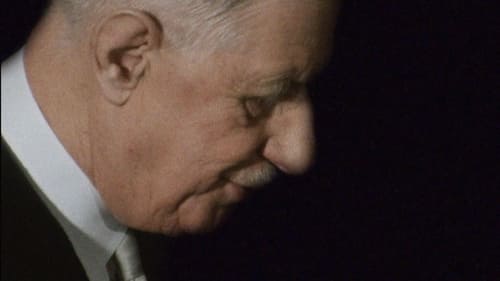
Self (archive footage)
Charles de Gaulle, the first president (1958-1969) of the Vth Republic, France’s current system of government, left his mark on the country . He was statesman of action and has been compared to a monarch. This film depicts the general’s personality through the great events of his presidential term, at a time when the world was undergoing considerable changes.

Self (archive footage)

Self (archive footage)

Self (archive footage)
1963년 파졸리니는 뉴스릴을 사용한 영화 작업을 의뢰 받았다. 하지만 정치적 성향이 다른 극우 저널리스트 조반니 구아레스키가 영화에 참여함으로써 영화는 틀어지고 흥행에도 실패한다. 45년 후 쥬세페 베르톨루치 감독은 버려진 필름을 재구성한다. 당시 공개되지 않았던 파졸리니의 필름은 시적이고 정치적인 코멘터리로 가득할 뿐만 아니라 그의 급진적 역사인식을 적나라하게 보여준다. ‘우리의 삶은 왜 불만에 의해 지배되는가?’라는 의문으로 시작한 영화는 자유, 혁명, 계급투쟁에 대한 시각을 우주까지 확장시킨다.
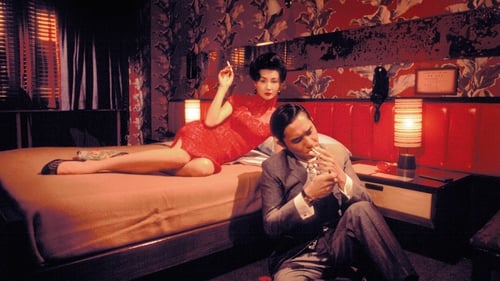
Self (archive footage) (uncredited)
홍콩의 지역 매일 신문 편집장인 초 모완, 수출회사의 비서로 근무하는 수 리첸. 둘은 상하이 지역의 한 건물로 같은 날 이사하게 된다. 이사 날부터 의도치 않게 오가며 자주 부딪히게 되는 두 사람. 둘 다 가정이 있지만 어쩐지 배우자들은 자리를 비우는 날이 더 많고 두 사람의 외로움은 서로에게 낯설지 않게 다가와 둘을 가깝게 한다. 두 사람은 점점 감정이 깊어질수록 겉으로는 더욱 조심스러워지고 예견되어 있는 이별 앞에 마음이 혼란스럽고, 서로의 자리에서 마음으로 바라는 그들의 사랑은 애절하기만 하다.

Charles de Gaulle
About De Gaulle's eventful visit to Québec in 1967

Himself (archive footage)
Six stories about Montreal. 1: A young housewife from Toronto samples the nightlife using basic French. 2: The tale of a painting of Montreal's first mayor, Jacques Viger. 3: During a hockey game, Madeleine tries to tell Roger she wants a divorce after forty years of marriage. 4: A visitor to a conference on pictographs arrives at the airport, where the female customs officer steals a momento from each person. 5: As she is being driven to the hospital in an ambulance after an auto accident, Sarah recalls her life. 6: At a diplomatic reception, an older woman reminisces about her grand love in Montreal.
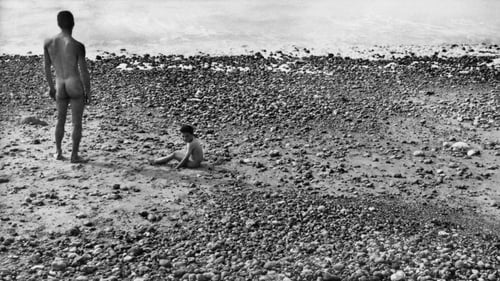
Self (archive footage) (uncredited)
At the sea shore, a goat, a child, and a naked man. This is a photograph taken in 1954 by Agnès Varda. The goat was dead, the child was named Ulysses, and the man was naked. Starting from this frozen image, the film explores the real and the imaginary.
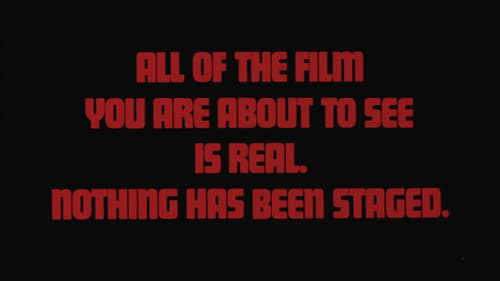
Self (archive footage)
A documentary of the decline of America. Featuring footage (most exclusive to this film) from race riots to serial killers and much-much more.
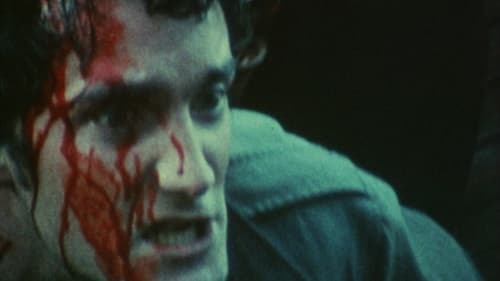
Self (archive footage) (uncredited)
크리스 마커는 시대의 목격자였을 뿐만 아니라 활발한 영화적 실천가였다. 가능한 모든 형식의 영화를 포함한 사진집, 전시 등 그의 광범위한 활동을 돌아보는 것은 마커의 개인적인 정치와 예술 성향뿐만 아니라 세계사를 짚어 보는 일이다. 프랑스를 넘어 세계 역사에 영향을 끼친 68 혁명을 다룬 붉은 대기는 그의 영화 중 가장 정치적이고 전투적인 영화로 당시 세상의 해결책처럼 등장한 ‘새로운 좌파’의 탄생을 사적 에세이 형태로 보여준다. 특정 이념은 과거에 남아 있지만 당시 폭발하기 시작한 세계를 기록한 다큐멘터리, 이미지의 힘은 사상보다 더 위대함을 보여주는 작품이다.
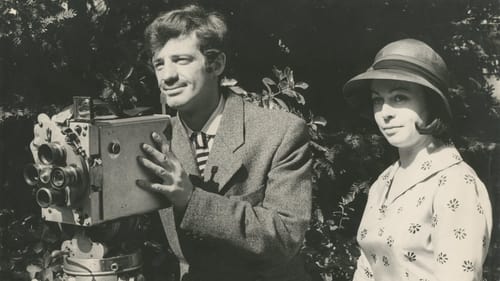
Self (archive footage)
An interesting mixture of filmed scenes with Belmondo and archival footage regarding cultural aspects of all kind around Paris, starting at the end of the 19th century and ending in the mid-1960's. Jean-Paul Belmondo leads us through the movie starting as a young photographer around 1900, a reporter in both world-wars and doing fictional interviews with lots of celebrities.
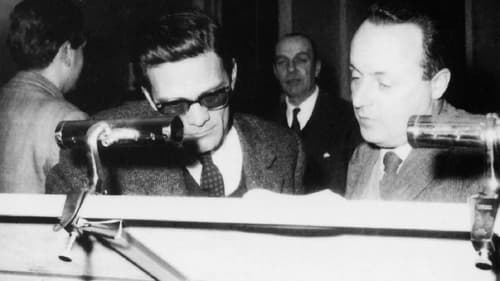
Self (archive footage)
Documentary footage (from the 1950s) and accompanying commentary to attempt to answer the existential question, Why are our lives characterized by discontent, anguish, and fear? The film is in two completely separate parts, and the directors of these respective sections, left-wing Pier Paolo Pasolini and conservative Giovanni Guareschi, offer the viewer contrasting analyses of and prescriptions for modern society. Part I, by Pasolini, is a denunciation of the offenses of Western culture, particularly those against colonized Africa. It is at the same time a chronicle of the liberation and independence of the former African colonies, portraying these peoples as the new protagonists of the world stage, holding up Marxism as their "salvation", and suggesting that their "innocent ferocity" will be the new religion of the era. Guareschi's part, by contrast, constitutes a defense of Western civilization and a word of hope, couched in traditional Christian terms, for man's future.

Self (archival footage)
A documentary produced by the French armed forces which chronicles the way of France’s “1ere armée” in the second world war from the days it first crossed the Rhine in March of 1945, through the liberation of a POW-camp in Swabia, until the forces reached the Danube and the Alps at the end of the war and the day French troops marched in the victory parade in Berlin.

Himself

"The crime of the cease fire was to capitulate as if France had no empire" - Charles De Gaulle

Himself - with Churchill and FDR (archive footage)
The third film of Frank Capra's 'Why We Fight" propaganda film series, dealing with the Nazi conquest of Western Europe in 1940.

général
